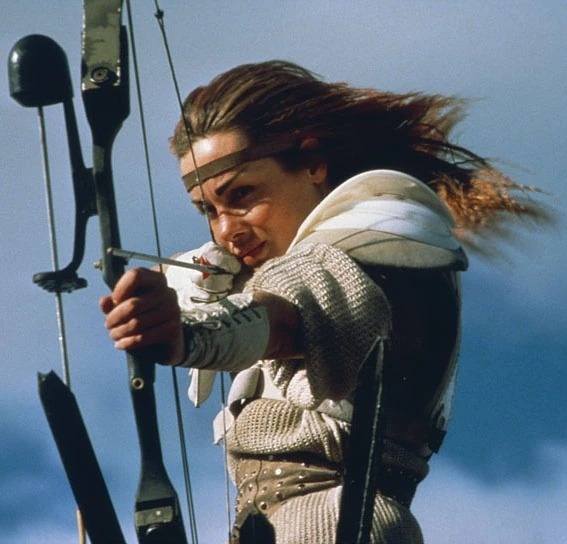
The Road Warrior, also known as Mad Max 2, is the second installment in the iconic Mad Max franchise, directed by George Miller. Released in 1982, this film further solidified Mel Gibson’s status as a leading action star and became a cornerstone of the post-apocalyptic genre. With its high-octane action sequences, memorable characters, and striking visuals, The Road Warrior remains a landmark film that continues to influence cinema.
Plot Overview
Set in a dystopian future where civilization has collapsed due to war and scarcity, The Road Warrior follows Max Rockatansky (Mel Gibson), a lone drifter and former police officer. As he roams the desolate wasteland, Max encounters a group of survivors living in a fortified oil refinery, besieged by a ruthless gang of marauders led by the fearsome Lord Humungus.
The film centers on Max’s reluctant alliance with the survivors as they plan to escape the encroaching danger. Faced with moral dilemmas and survival instincts, Max must confront his own demons while navigating a world defined by chaos and desperation.

Iconic Characters
The Road Warrior introduces a memorable cast of characters, each contributing to the film’s intense narrative:
- Max Rockatansky (Mel Gibson): The film’s protagonist, a hardened survivor grappling with his past and the loss of his family.
- Lord Humungus (Kjell Nilsson): The film’s primary antagonist, a menacing warlord whose brutal tactics and imposing presence strike fear into the hearts of the survivors.
- The Feral Kid (Emil Minty): A young, wild boy who becomes Max’s ally, representing the remnants of innocence in a brutal world.
- Gyro Captain (Bruce Spence): A quirky pilot who assists Max and provides comic relief amidst the film’s tension.
Cinematic Achievements
The Road Warrior is renowned for its groundbreaking action sequences, including high-speed chases, explosive stunts, and practical effects that create a visceral experience. George Miller’s direction and the film’s innovative cinematography, paired with a powerful score by Brian May, contribute to its intense atmosphere.
The film’s visual style, characterized by its barren landscapes, rugged vehicles, and distinctive costumes, has left a lasting impact on the genre. The iconic vehicles, such as the Interceptor and the pursuit cars used by the marauders, have become symbols of the Mad Max franchise and have influenced countless films and video games.
Legacy and Impact
The Road Warrior received critical acclaim upon its release, praised for its action, storytelling, and visual artistry. It is often cited as one of the greatest action films of all time and played a pivotal role in shaping the post-apocalyptic genre. The film’s success led to a resurgence of interest in action cinema during the 1980s and laid the groundwork for future installments in the Mad Max franchise.
The film’s influence can be seen in various works across different media, from films like Mad Max: Fury Road to video games like Fallout and Borderlands. Its themes of survival, morality, and the human spirit resonate across generations, ensuring its place in cinematic history.
Conclusion
The Road Warrior stands as a timeless classic that continues to captivate audiences with its relentless action, unforgettable characters, and a haunting vision of a post-apocalyptic world. As Max Rockatansky navigates the harsh realities of survival, viewers are drawn into a thrilling adventure that explores the depths of humanity amid chaos. Whether you’re revisiting this iconic film or experiencing it for the first time, The Road Warrior promises an unforgettable journey through the wasteland.
Suggested videos for you: